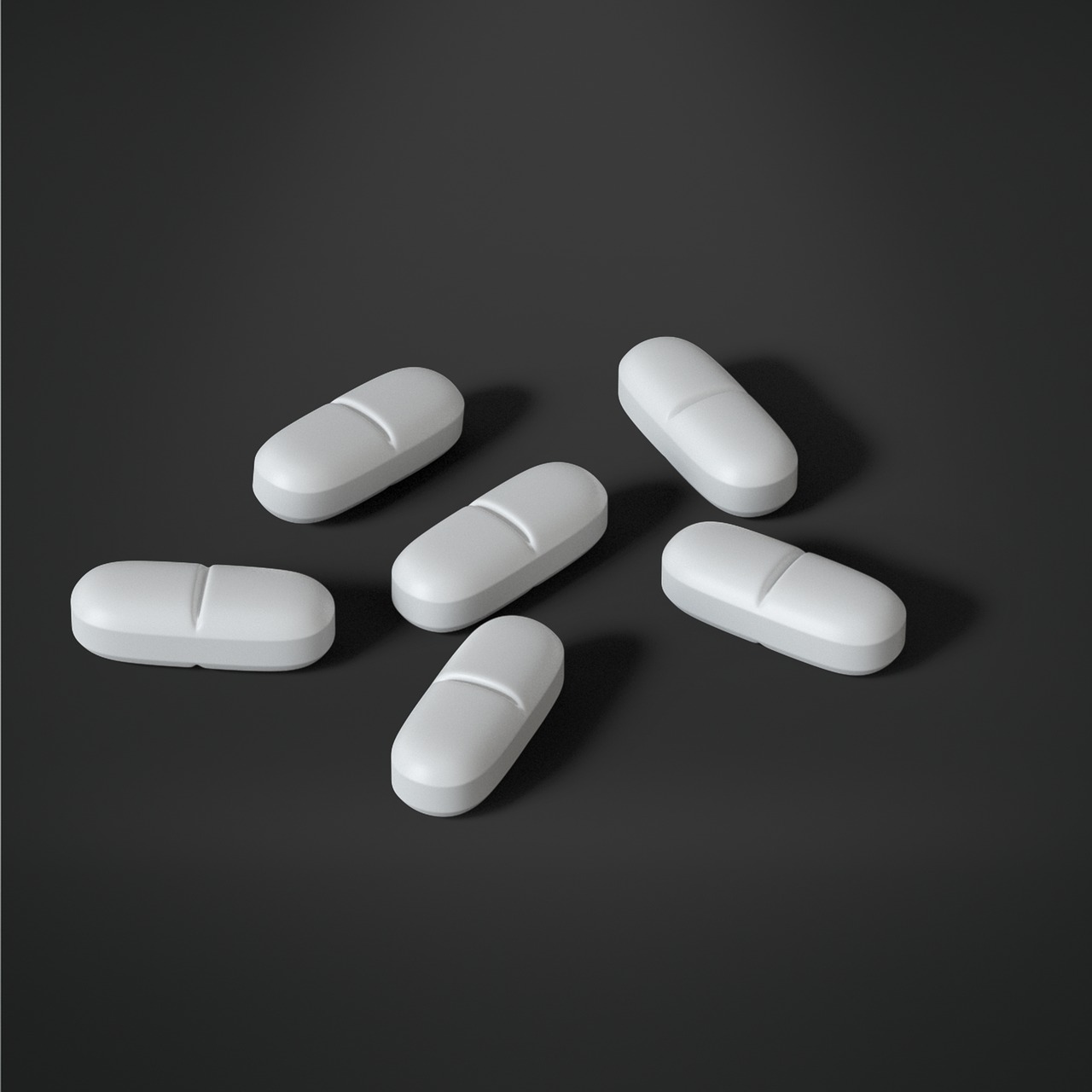One of the technologies that has received a lot of attention in digital health in the past few years is the smart pill. These pills are small electronic devices that are shaped like a pharmaceutical capsule so that they can be easily swallowed. The pills safely travel through the gastrointestinal tract and are naturally eliminated from the body. Engineers have developed smart pills for a wide range of purposes, including sensing, imaging, and drug delivery. There’s incredible potential for the future of this technology and what it can accomplish.
Smart pills could replace procedures like endoscopies and colonoscopies by providing a noninvasive way to screen for, diagnose, and treat disease. Smart pills could also play a key role in remote patient monitoring and telemedicine: wireless technology can connect the pill to sensors to transmit information in real time, and other long-term applications are feasible.
A few of the applications currently being explored for smart pills include:
1. Targeted Therapeutics
Initially, the development of smart pills largely stemmed from the search for more targeted drug delivery systems. Medication is only effective when it is delivered to the right site within the body, at the right time, but traditional pills present several difficulties in controlling this. Oral medications travel through the gastrointestinal system and are subject to different pH levels, so it can be difficult to control when they dissolve.
Smart pills would be able to monitor their environment through nanosensors. An algorithm can determine when the pill is in the right location and give the signal to release the payload. Such a system could improve drug safety—it would produce a therapeutic effect with a smaller dosage, since the drug would be delivered to precisely the site in the body where it is needed.
One example of this application of smart pills is the SmartTab, currently being developed by the Denver, Colorado startup Velóce Digital Health. After the pill is swallowed, it can be controlled wirelessly by a smartphone and triggered to release its contents at the right location in the body. The technology also includes a wearable adhesive patch that is placed over the target site in the body. The company has said that the SmartTab could be particularly useful in delivering medications for Crohn’s disease, which affects specific areas of the gastrointestinal system.
2. Diagnostic Imaging
Many diagnoses involving the upper gastrointestinal tract depend on the use of an endoscope. An endoscopy is an invasive procedure that involves inserting a tube through the esophagus into the stomach and even beyond. These scopes have a miniscule camera that can be used to diagnose diseases. However, the procedure has significant risks, such as the chance of perforation or tearing of the tract. Plus, the patient experiences significant discomfort both before and after the procedure. A smart pill with a camera could be easily swallowed to reduce the risks associated with endoscopies, and it could also minimize preparation time.
Already, one smart pill for this purpose called PillCam COLON has been approved by the FDA. This pill may be a good choice for patients unwilling to undergo more invasive colon exams, or patients with inflammatory or clotting disorders that make them poor candidates for other procedures.
However, smart pills used for diagnostic imaging are still not always as effective as scopes, because it can be difficult to steer and control the pill to get the best images. Engineers will need to figure out how they can give clinicians greater control, so they can get the views they need for a diagnosis.
3. Patient Monitoring
Another important application of smart pills is the ability to gather health data about patients, such as core body temperature, pH, and blood pressure. Smart pills with chemical sensors can help screen for ulcers and tumors by detecting small changes in physiological readings. In addition, smart pills can help patients adhere to their drug regimens.
One of the first smart pills created for patient compliance, Abilify MyCite received FDA approval in 2017. The pill consists of a drug and microscopic sensor that activates when it detects stomach fluids, then transmits this information to a wearable patch, which in turn transmits the data to an app. The patient’s doctor or caregivers can then check the app and verify that patients are indeed taking their medications as directed.
A similar product is the CorTemp Ingestible Core Body Temperature Sensor. This pill transmits data about body temperature in real time and has been used by firefighters, astronauts, athletes, and even soldiers. By collecting real-time information about temperature, the technology helps these professionals avoid overheating and jeopardizing their health. A consumer version of this technology could easily transmit data to a smartphone so that people can ensure they are not putting themselves at risk—for example, when they’re engaging in strenuous physical exercise on a hot day. Both aerospace and defense organizations are also developing similar pH sensors. The primary barriers to using these sorts of smart pills are perfecting wireless charging and communication.

